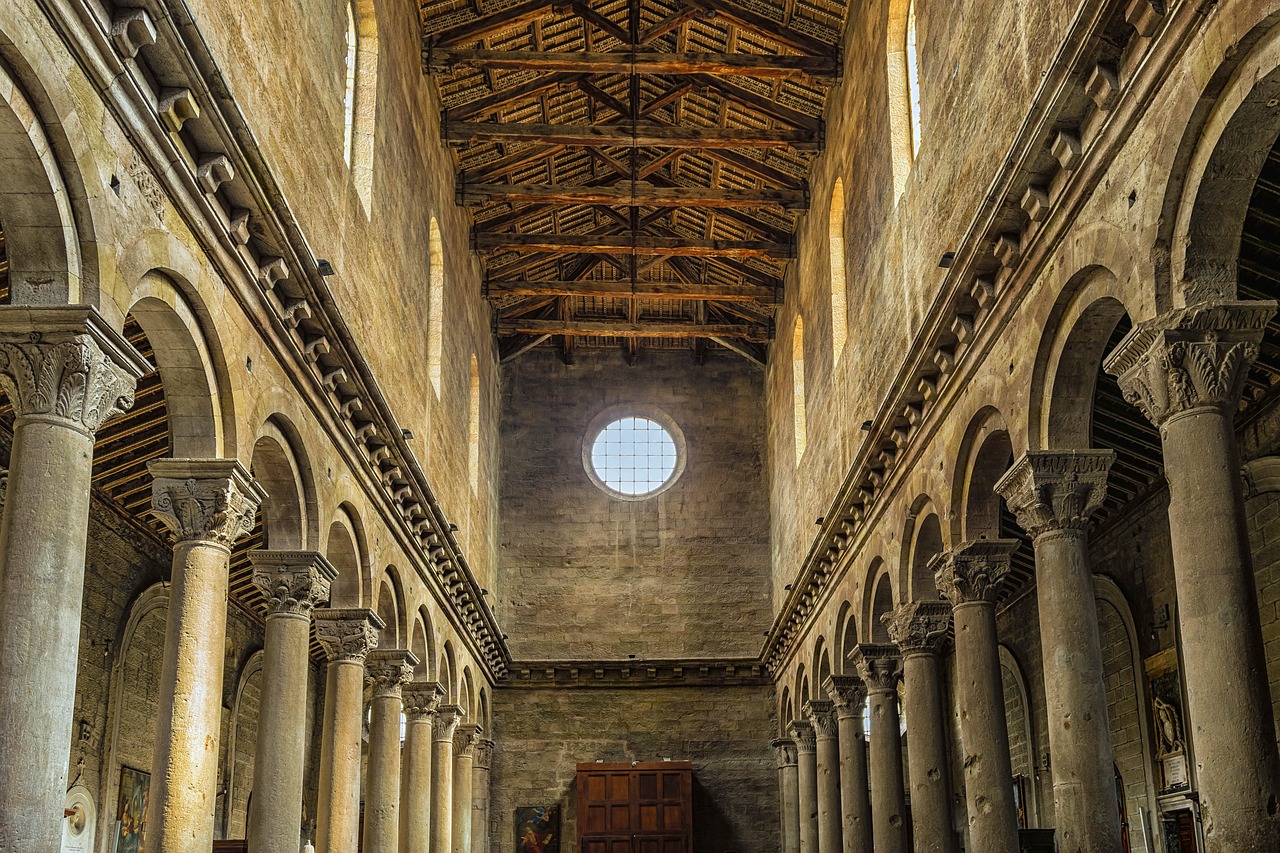Overview of Roman Religion: Beliefs and Practices
Roman religion, also referred to as Roman mythology, encapsulates the beliefs and rituals of the people on the Italian peninsula from ancient times until the rise of Christianity in the 4th century CE. This expansive period is recognized as Classical antiquity.
Nature and Significance
According to Cicero, one of the great orators and politicians of Rome, the strength of the Romans lay in their understanding that everything is governed by the divine. However, their religion was not predicated on divine favor but rather on a relationship of trust (fides) between humans and the deities. The objective of Roman worship was to secure the favor and peace (pax deorum) of the gods. The citizens held a belief that gaining divine assistance would empower them to navigate and control the numerous unknown forces around them, fostering a sense of security and success in life.
To uphold this relationship, Romans established a system of rules known as jus divinum or “divine law,” outlining sacred obligations and practices that needed to be followed. For many centuries, this framework had little moral content, focusing primarily on the precise execution of rituals. The rituals themselves were steeped in patriotic fervor, and their meticulous nature persisted over generations. If one strips away the various enhancements that developed over time, remnants of primitive thought can still be discerned in Roman practices, contrasting sharply with Greek religion, where such traces tend to be deeply buried. While the Greeks had already advanced towards more abstract and daring religious concepts when they codified their beliefs, Romans maintained a steadfast commitment to their ancient rituals.
The influence of Greek mythology seeped into Roman culture later on, spurring the Romans to adopt a more humanized view of their gods, often leading to the creation of a pseudo-mythological framework. That said, Roman religion did not climax in a structured creed; adherence to proper rituals sufficed for acceptance, allowing for personal interpretations of the divine. Emotions were generally viewed as inappropriate during worship, leading to a reserved approach in prayer and rituals.
Despite the knowledge that transcends time, reconstructing the evolution of Roman religion presents significant challenges. This is largely due to the fact that primary sources available date back several centuries after Rome’s establishment. Notable scholars such as Varro and Verrius Flaccus, who lived during the late Republic and the era of Augustus, produced accounts 700 to 800 years post-Rome’s inception. Their writings, influenced by the influx of Greek narrative traditions, muddied interpretations of Rome’s early religious practices. Scholars thus lean on ancient religious calendars and inscriptions, along with artifacts from coins and art, to deepen their understanding.
Early Roman Religion
The study of Roman religion is further enriched by archaeological findings, though these alone do not allow a comprehensive reconstruction of early Roman beliefs. Evidence suggests that nomadic Latin and Sabine herders gradually established settlements at what became Rome in the 1st millennium BCE, predating the city’s legendary founding date of 753 BCE. By around 620 BCE, these communities conjoined, leading to the creation of the Forum Romanum, which served as a central meeting and trading place for the burgeoning population.
Deification of Functions
Early Romans recognized divinity in various functions and occurrences intrinsic to daily life, such as childbirth, agricultural activities, and the patterns of nature. Their reverence extended to both common phenomena and specific, unique events, exemplified by the mysterious voice of Aius Locutius that offered guidance during a crisis. This resulted in a complex system characterized by “religious atomism,” where innumerable deities were associated with distinct aspects of life. Each deity’s function was precisely defined, and addressing them correctly was critical; knowing a divine name was often seen as a gateway to secure divine favor. In cases where a deity’s identity was unknown, people would err on the side of caution by invoking the deity as “unknown” or includes phrases like “or whatever name you wish to be called.”



